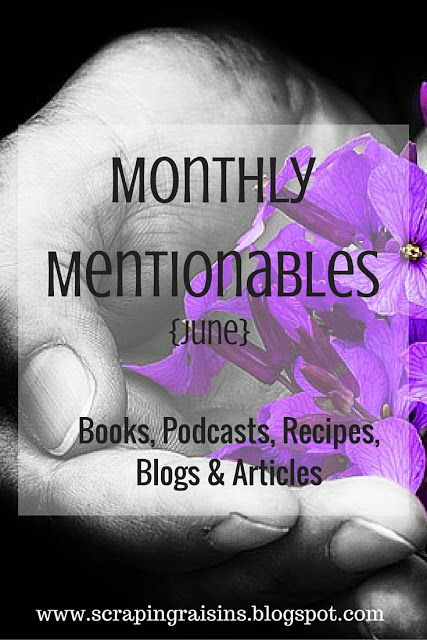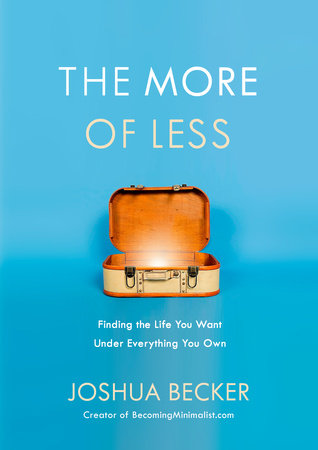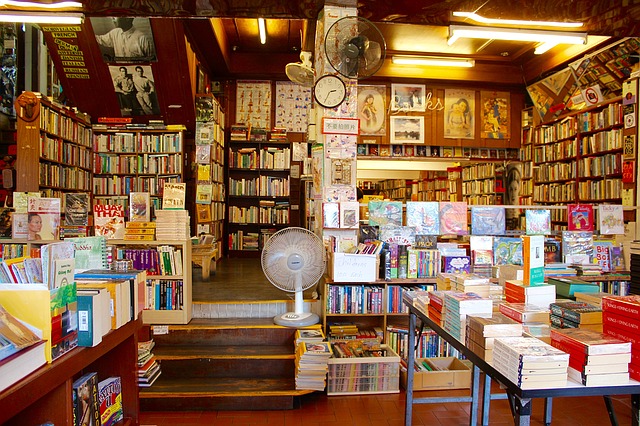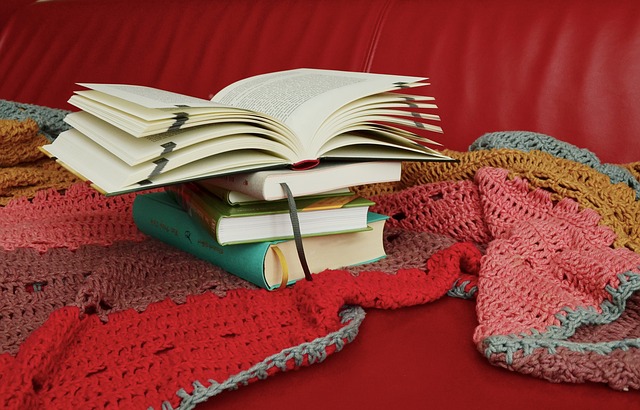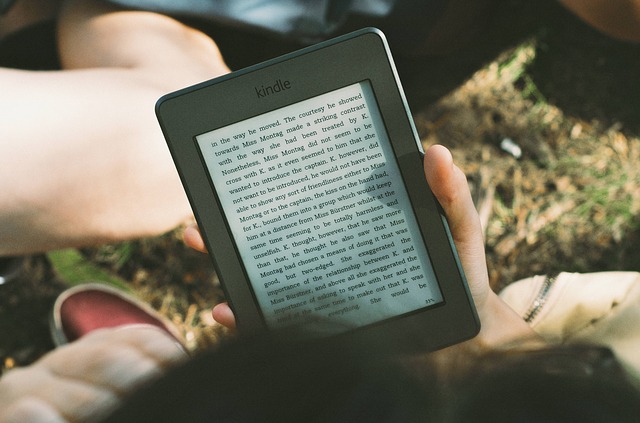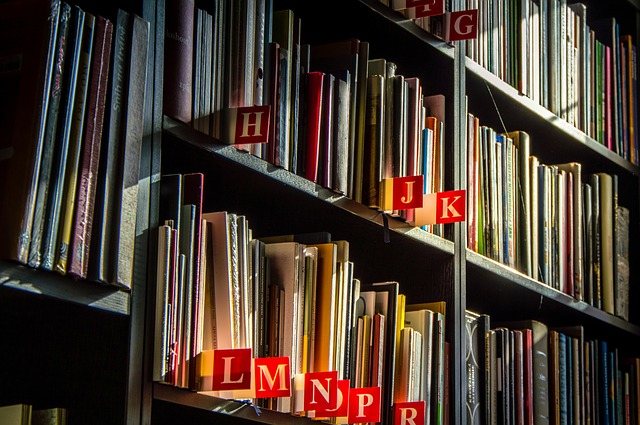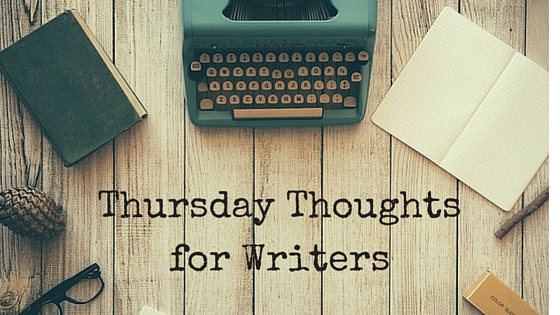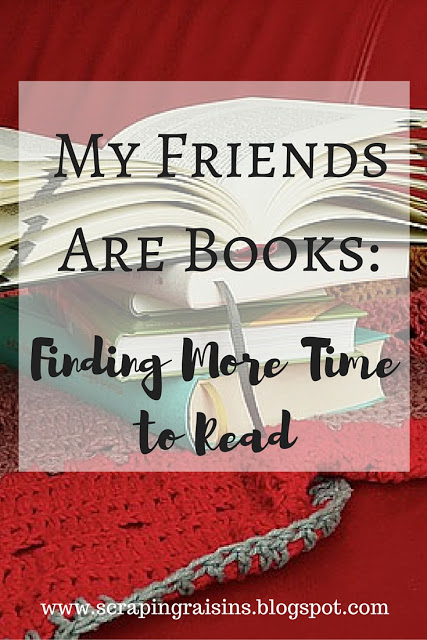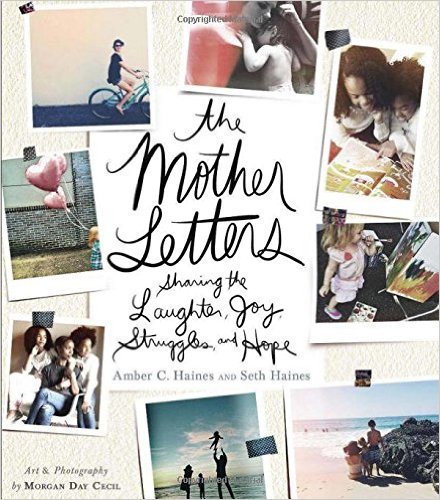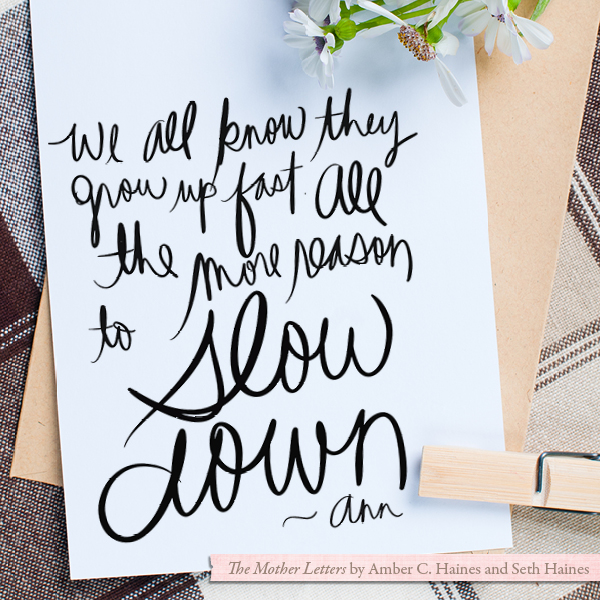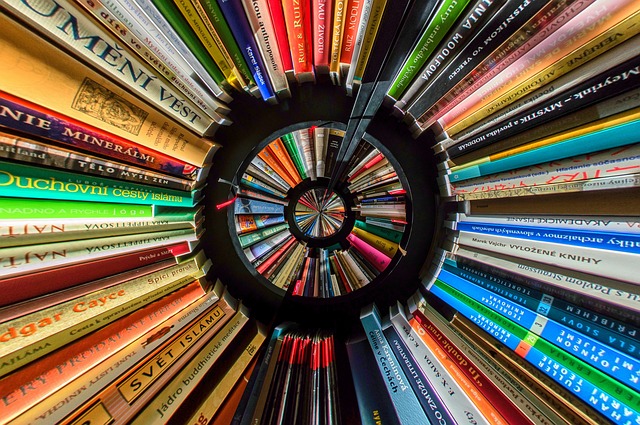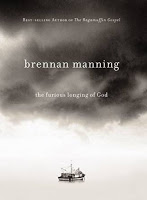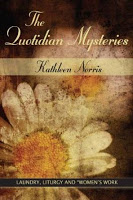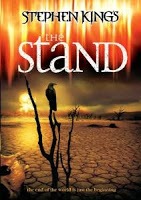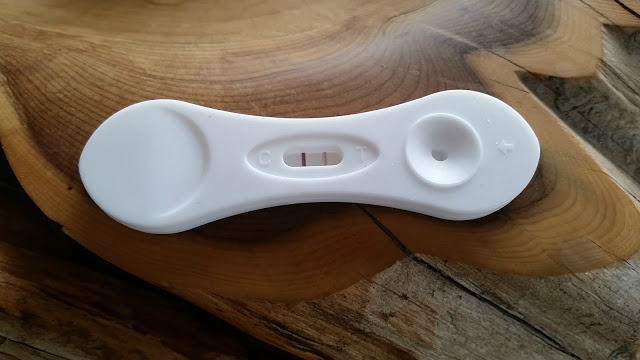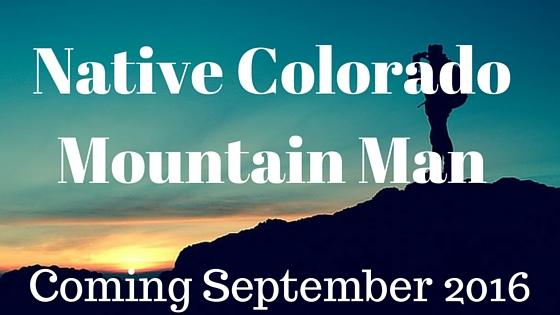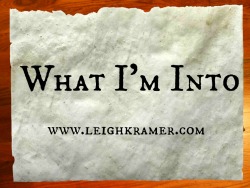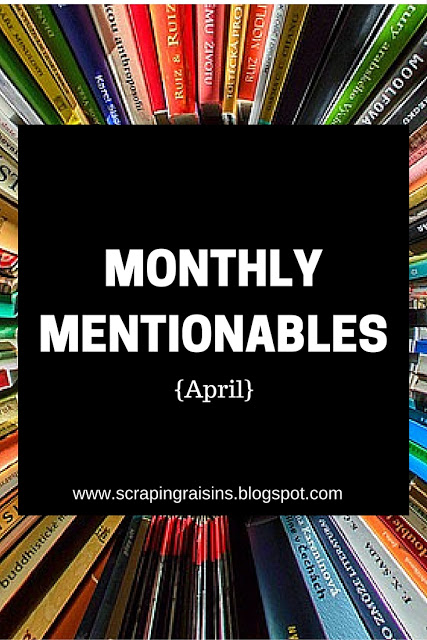The month of June enveloped us with her open arms as my husband and I left our children with the grandparents and took our first week-long vacation in San Diego without kids. We marveled at the silence and relished the rest and opportunity to get to know one another again after the past four years of being in survival-mode with little ones. It was wonderful.
On the tail of that came The Readjustment to Real Life. (Ahem, reminding our children, who had a vacation of their own, that mommy and daddy do things differently than mimi and papa). And just as soon as it seemed that life was back to “normal,” I plunged into potty training BOTH my children.
But thanks to the vacation, where I put my phone aside for an entire week, I was able to indulge in reading, do a bit more self-education about race issues and listen to some fascinating new podcasts. Here’s some of what’s been blowing my mind this month:
Books:
 The Invention of Wings
The Invention of Wings , by Sue Monk Kidd
, by Sue Monk Kidd
The Invention of Wings is written from the perspective of one white woman from a slave-owning family in South Carolina and the African American attendant she was “given” as a girl. The chapters alternate between these points of view and walk us through their lives as the United States begins to awaken to the injustices of slavery. The themes regarding race, women’s rights and the role of history and religion in the formation of our laws are discussions that are still applicable around our living room, at bars and certainly on the Internet today. Packed with imagery and symbolism, this book provided a great discussion for our first book club. I would certainly recommend that you explore its depths with a friend or two.


 The More of Less: Finding the Life You Want Under Everything You Own
The More of Less: Finding the Life You Want Under Everything You Own , by Joshua Becker
, by Joshua Becker
Here’s a snippet of the review I wrote for this book:
This book is a practical how-to book for the minimalist novice looking to explore the benefits of a simpler lifestyle. As I already agreed with Becker’s concepts of minimalism at the outset, I didn’t need a lot of convincing and personally found the first half of the book to be purely common sense. But the second half of the book offered so much practical advice on how to actually incorporate minimalist ideas into the average American’s life that I found it to be a gem in the midst of so many books now available on this current trend…continue reading
 Tattoos on the Heart: The Power of Boundless Compassion
Tattoos on the Heart: The Power of Boundless Compassion , by Gregory Boyle
, by Gregory Boyle
This is one of the most powerful stories I’ve read about real lovers of Jesus doing the hard work of living and working among the poor right here in the U.S. Gregory Boyle breaks the mold as a fearless, potty-mouthed priest who moves into the ghetto of Los Angeles. An expert story-teller, Boyle poetically juxtaposes stories of loss alongside humor in a way that dunks you into the emotions and reality of life on the streets again and again, but still leaves you gasping for breath (and sometimes even laughing) at the end of it all. If you are in the market for a true and inspiring story about a man making a difference, buy it right now (don’t make the mistake of checking it out of the library like I did–you’ll want to underline this one!).
 Unashamed: Healing Our Brokenness and Finding Freedom from Shame, by Heather Nelson
Unashamed: Healing Our Brokenness and Finding Freedom from Shame, by Heather Nelson
Shame is a buzzword that is rising to the crest of discussions on identity and self not just in the world of psychology, but also in society at large. This book provides a much-needed seat at the panel discussion of shame as it delves into this topic from an overtly Christian perspective. Heather Nelson clearly pinpoints the shame that is so prevalent, though often unrecognized, in the life of the Christian, and offers hope through holding that shame up to the cross of Christ. If you are a follower of Jesus who is at all familiar with the work of Brene Brown on the topic of shame, then you will find this book to be a powerful and necessary compliment to her work as it address the topic from a biblical angle. (And this is the first book I’ve ever read that was written by a real, live friend of mine! I’m in awe.)
Podcasts:
Code Switch: Race and Identity, Remixed
I’m so excited about this new podcast. It‘s a group of journalists of different races that talk about some of the hard issues surrounding race. I really appreciated the first episode I listened to and it gave me lots to think about: Can We Talk about Whiteness?
On Being with Krista Tippet
Oh my. I’m obsessed with Krista Tippet’s VOICE (so I just may love people with great voices…). It is so soothing. In addition to that, she is one of the best interviewers I’ve ever heard. I’m really enjoying this very professional, deep and insightful podcast with some of the best thinkers alive today.
Revealing Ramadan
Michelle Alexander–Who We Want to Become: Beyond the New Jim Crow
Sorta Awesome
I now feel like these ladies are my friends, so I love just listening along and always come away with some new book to read, recipe to try or fad to explore. It’s positive listening in a heavy world, so I appreciate that so much!
The Good, the Bad, and (Rarely) Ugly of Blogging
The Happy Hour with Jamie Ivey
Jamie is such a laid-back, down-to-earth host and she has some incredible friends on the show. I loved this one with Jen Hatmaker, who is just as hilarious in person as she is in her books!
#50 Jen Hatmaker
Coffee + Crumbs
I sort of binge-listened to this podcast this month. It feels like listening to a few mom friends chat about everything I’m thinking about these days, so I loved it!
#2 Making Mom Friends
#3 It’s Their Day Too
#4 Mommy Doesn’t Go to Work
#6 Potty Training is the Worst
Thought-Provoking Articles from the Web:
I Used to Lead Tours at a Plantation. You Won’t Believe the Questions I Got about Slavery., by Margaret Biser for Vox
“The site I worked at most frequently had more than 100 enslaved workers associated with it— 27 people serving the household alone, outnumbering the home’s three white residents by a factor of nine. Yet many guests who visited the house and took the tour reacted with hostility to hearing a presentation that focused more on the slaves than on the owners.”
One Small Square, by Lisha Epperson for The Mudroom (The Mudroom actually did an entire series on race during the month of June that was fabulous.)
“There’s a difference between contemplative silence and a quiet birthed from fear. I found myself knotted up in the latter and afraid to admit it. It’s the kind of quiet that kills and makes hope a commodity you think you can’t afford. It’s also easier, but would never lead to the kind of redemption I sought. It was time to still my silence, unleash the internal verbal parrying to the page as prayer – to move forward in courage.
A reawakening happened as I zeroed in on the heartbeat of my everyday world. Surely I could handle one small square. Using a teaching technique that’s worked well with my children, I leaned into the specifics of my piece of the quilt – my portion. I got clear on the questions I needed to answer. Who do I want to be to my family and community? How do I want to show up in the faith communities I’m called to and how I can I align myself with the gathering of courageous ordinary people doing the work of justice in their daily lives?”
The Heartbreaking Reality of Raising Black Children in America, by Jacalyn Wetzel for the Huffington Post
“As a mother of two black boys, I have to be extra vigilant in making sure they understand how their presence can make people feel threatened, while at the same time help them understand they have value. I have to have a conversation with them when they get a little taller about how they will “fit the description” most of the time, and how to react when they do. Sometimes the reason for being pulled over is because you’re brown and the sad truth is, if you don’t act in a manner that is completely compliant, you can get a jolt of a Taser or worse. As parents our goal should be raising a boy in America, not raising a black boy in America or a (fill in the blank) boy in America.”
This ‘Hamilton’ Star Validated What So Many Women Feel–But Rarely Say Out Loud, by Jennifer Gerson Uffalussy of Fusion
“I would just love to say that if you know anything about me, I have spent the last 10 years of my life—what some would consider the life blood of a woman’s career—just trying to have children. And I get to testify in front of all of you that the Lord gave me Benjamin and Brielle and he still gave me this,” she shared from the stage, holding her statue…”
When Happily Ever After Isn’t Easy, by Ashley Hales at her blog
“Because ultimately the strength of that covenant doesn’t rest on words we said when we were just babies. It rests on the great I AM who says he will never leave us or forsake us, who runs to welcome his wayward bride, who clothes us with the robes of family. He is the rock of ages and, on that foundation, we can keep placing our little wooden marital pew.”
White Privilege: Unpacking the Invisible Knapsack, by Peggy McIntosh
This article has been around for 30 years, but I’m ashamed to say that I am just now reading it. To learn about white privilege, read through the checklist (there are 50 total) and see how many you would say “yes” to…
- I can if I wish arrange to be in the company of people of my race most of the time.
- If I should need to move, I can be pretty sure of renting or purchasing housing in an area which I can afford and in which I would want to live.
- I can be pretty sure that my neighbors in such a location will be neutral or pleasant to me.
- I can go shopping alone most of the time, pretty well assured that I will not be followed or harassed.
- I can turn on the television or open to the front page of the paper and see people of my race widely represented…
White Privilege and What We’re Supposed to Do About It, by Kristen Howerton at her blog, Rage Against the Minivan
“Simply put, privilege refers to an unearned advantage. It usually refers to something inherent . . . something you were born with rather than something you worked for. There are many types of privilege: economic privilege, gender privilege, heterosexual privilege, and of course . . . racial privilege. Racial privilege can take many forms, from minor things to life-threatening things. White privilege can look like being able to grab some shampoo at the grocery store and being confident they carry products for your hair type. White privilege can look like being able to find a band-aid that matches your skin tone. White privilege can look like waling through an upscale residential neighborhood without anyone wondering what you are doing there. White privilege can look like wearing a baseball cap and baggy pants and no one assuming you are a criminal.”
Recipes:
So I mentioned we were on vacation for a week, right? And the potty training thing…? It was a bit tricky getting back into the swing of cooking, so I went with a lot of invented recipes this month involving some combination of bean/grain/roasted veggies/feta for suppers that I won’t bother you with. I did try these out, though, and would recommend them:
Colorful Beet Salad with Carrot, Quinoa and Spinach {Cookie + Kate}
We actually ate this as a meal, but it would make a great side for a cookout or potluck since it’s so pretty. I didn’t have a fancy spirilizer, so I just used my vegetable grater and that worked fine.
Lemon Raspberry Muffins {Cookie + Kate}
I made a big batch of these before we had a week of house-guests and they were a hit. I love anything with lemon and fruit, so it was a great find for me. And because they were healthier than your normal muffin, I had no hesitations in giving them to my kids for snacks.
Published Posts:
Chicago’s Uptown at You Are Here
(I love the essays on this site–if you are into the connection of place and identity like I am, then you should head over and read more!)
“A fire engine shrieked through the stoplight, casting a light show in my room and spraying the bare white walls with color. Even through closed windows, the sound was deafening. Within minutes, an ambulance from the hospital in the other direction bayed and bounded through the intersection. I rubbed my eyes. The city had assaulted me through the night, pushing away any hope of restful sleep. The thought of coffee propelled me out of bed….continue reading
A Book for the Budding Minimalist {The More of Less} at Blogging for Books (excerpt above)
In Case You Missed It on Scraping Raisins:
Overcoming Smartphone Addiction
“A monarch butterfly sailed on the wind as I sat waiting for my latte at an open-air coffee shop in San Diego. I watched it glide, dip and twirl around the men and women busily setting up tables and canopies for a weekly farmers’ market. Suddenly, I realized that I wouldn’t have noticed this spectacular solo performance just a week ago. Nose-down, scrolling through any number of messages, alerts and notifications on my phone, I would have missed this simple dance on the wind…continue reading
Potty Training a Strong-Willed Child
“If you are not currently a parent of toddlers or preschoolers, please feel free to skip this post or pass it along to someone who is in this stage of life–I won’t be offended. But hopefully this will be helpful to those of you in the middle of this insane time of life where we actually get excited about our kids’ poo…continue reading
Loving Like They’re Lost
“My babies are my tattoos. When I gave birth to them, my flesh ripped and I was left with beautiful, forever scars. I’ve been branded. Altered. These tattoos are a display of the divine artist who chose the intricate motions that would sear my skin and create the unique patterns of each child. Like a fresh wound, motherhood leaves you vulnerable and exposed. Motherhood sensitizes you to pain, but also to raw joy… continue reading
My Friends Are Books: Finding More Time to Read
“… My husband and I call books our “friends.” When we decided to declutter and minimize our possessions before our move last year, my husband sifted through more than one thousand of these old pals to choose which ones to say goodbye to. It was a painful parting.
Just as any relationship evolves, so, too, our on-going affair with reading. I was that kid in elementary school, narrowly missing smacking into other students as I walked the hallways with my head buried in a book. I read billboards, cereal boxes at breakfast and shampoo bottles in the shower. Anything with words would do…continue reading
~~~
What have you been up to this month?
~~~
Subscribe to Scraping Raisins by email and/or follow me on Twitter and Facebook. I’d love to get to know you better!
Note: This post contains affiliate links. If you click on a book and buy it through Amazon, you will not be charged extra, but I will receive a very small commission for your book.
~~~
Previous Post: Potty Training a Strong-Willed Child
Next Post: A Muslim in Our Home
Linking up with Leigh Kramer
Assimilate or Go Home: Notes from a Failed Missionary on Rediscovering Faith
by D.L. Mayfield
Breath for the Bones: Art, Imagination and Spirit: A Reflection on Creativity and Faith
, by Luci Shaw
, by Madeline L’Engle, Shaw reflects on the dissection of faith and art in such a beautiful and logical way. It will be one of my new yearly reads, I am sure. Very inspirational to those of us attempting to write or create.

, by Ina May Gaskin

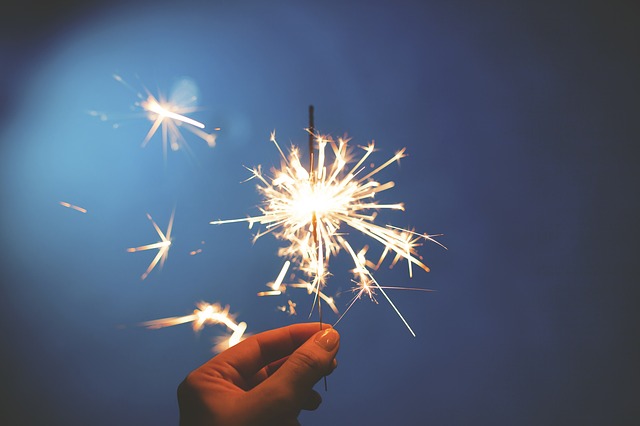


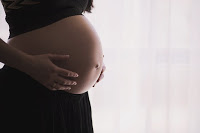


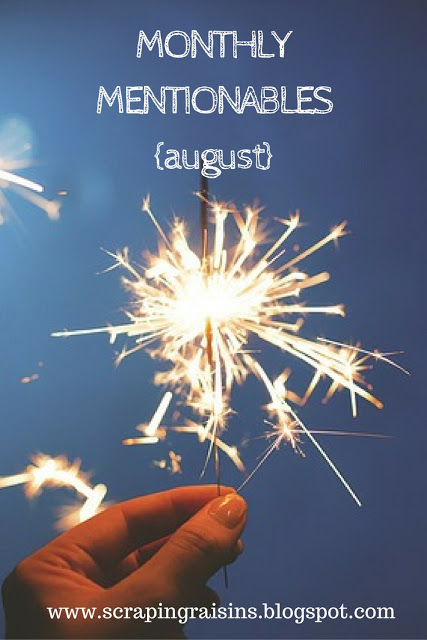
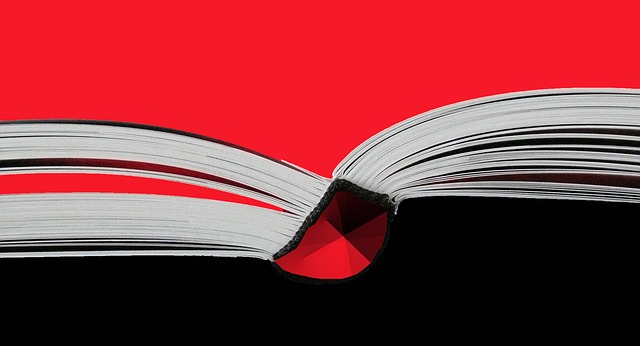


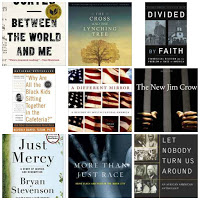

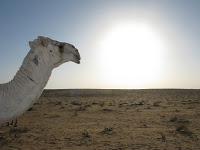
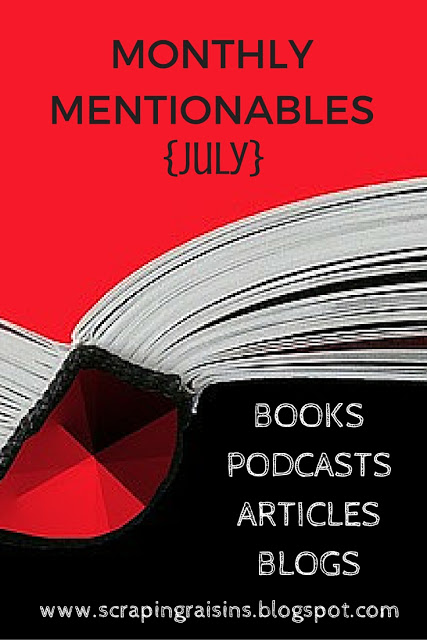

 is written from the perspective of one white woman from a slave-owning family in South Carolina and the African American attendant she was “given” as a girl. The chapters alternate between these points of view and walk us through their li
is written from the perspective of one white woman from a slave-owning family in South Carolina and the African American attendant she was “given” as a girl. The chapters alternate between these points of view and walk us through their li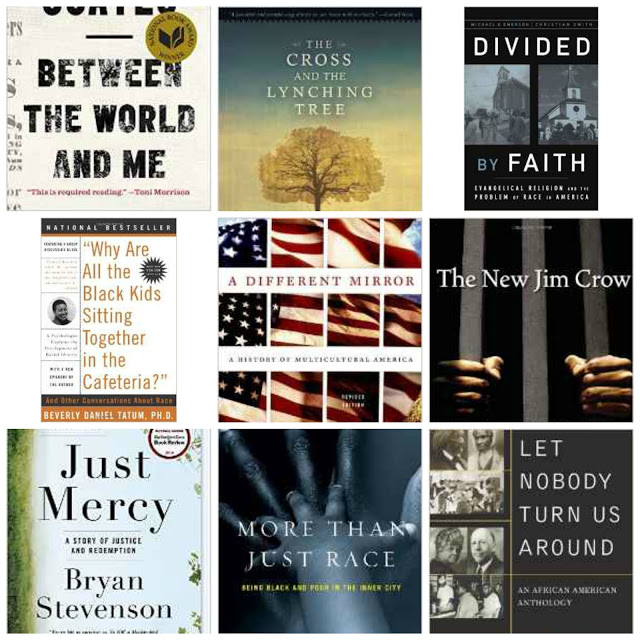
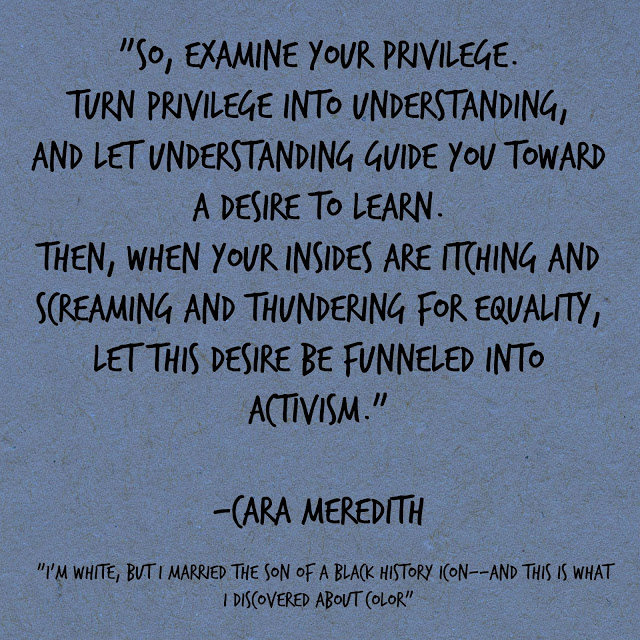
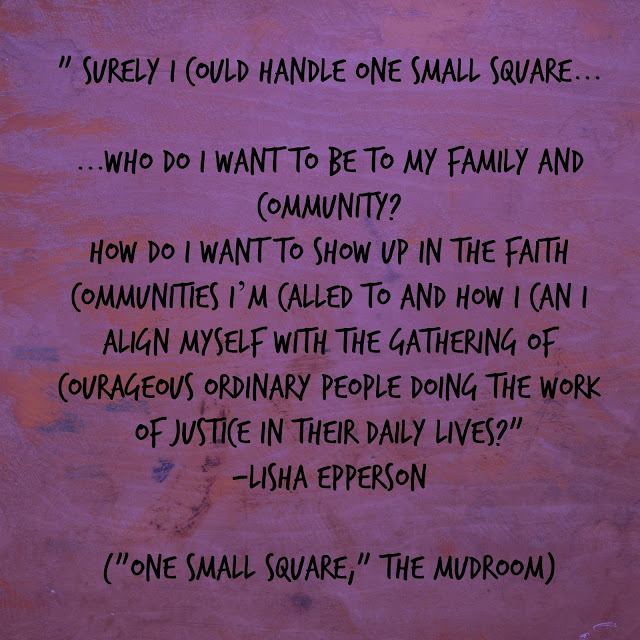
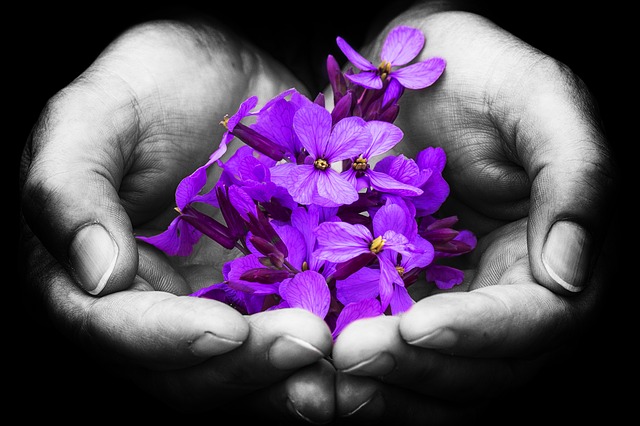




 , by Gregory Boyle
, by Gregory Boyle
